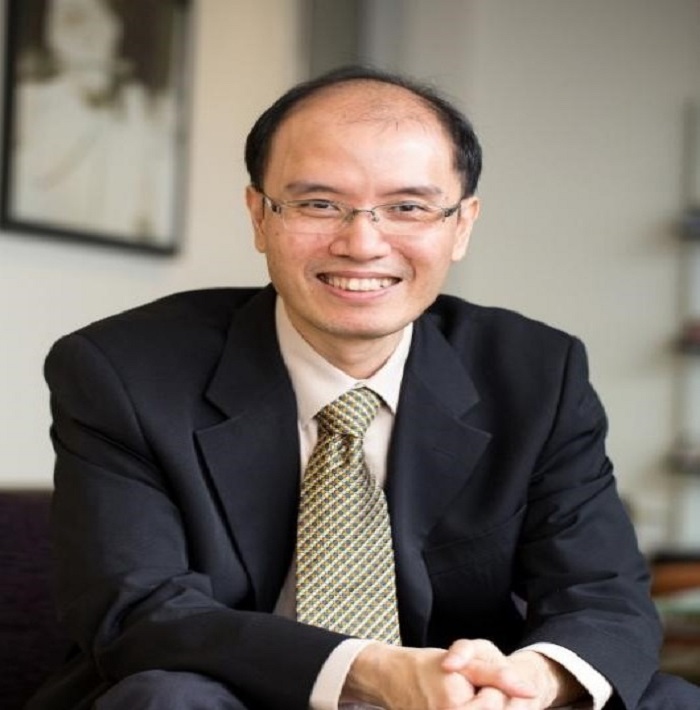使用账号密码登录
Welcome Back
使用表单注册
Welcome Back
Brief Introduction
Professor Ng Huck Hui is the Deputy Executive Director of the Biomedical Research Council, under the Agency for Science, Technology and Research. Prof Ng is renowned in the fields of gene regulation and genomics and stem cells, having spent more than a decade in research to understand and uncover the intricacies of gene regulation and how they relate to cell biology. His laboratory is currently developing diagnostic and therapeutics modalities for brain and liver diseases. Prof Ng had held several administrative positions. He was the Executive Director of the Genome Institute of Singapore and the Executive Director of the A*STAR Graduate Academy. Prior to joining A*STAR, Professor Ng was a postdoctoral fellow with Harvard Medical School under the prestigious Damon Runyon-Walter Winchell Postdoctoral Fellowship. He was also the President for the Stem Cell Society Singapore, which is a major platform for educating the public on stem cell research. In 2016, Professor Ng was elected to be an Associate Member of the European Molecular Biology Organization, making him the only associate member to be based in Singapore. In recognition of his scientific contributions, Professor Ng has received numerous local and international honours and awards, including the Young Scientist Award in 2004, Singapore Youth Award in 2005, National Science Award in 2007, Junior Chamber International (JCI) The Outstanding Young Persons Singapore Awards in 2009, Singapore Youth Award (Commendation Medal) in 2010, President's Science Award (Team Award) in 2011, President’s Science Award (Team Award) in 2018 and The Public Administration Medal (Silver), National Day Awards 2019. Outside of A*STAR, Professor Ng is very active in the local universities and organizations and holds adjunct positions at the National University of Singapore (NUS) Yong Loo Lin School of Medicine, NUS Faculty of Science, Nanyang Technological University (NTU) School of Biological Sciences, and the Singapore Eye Research Institute (SERI). He also sits on the Board of Science Centre Singapore and NUS High School.
Modeling human diseases using human organoid systems
One of the greatest limitations in understanding human diseases is the lack of in vitro models that can recapitulate features and functions of human organs. The human organs are comprised of multiple cell-types forming a unique architecture. To develop new understanding of human diseases, our laboratory generates in vitro organoid systems using novel culture methodologies.
Parkinson’s disease (PD) is a progressive movement disorder, characterized by a selective loss of dopaminergic (DA) neurons in substantia nigra pars compacta (SNpc). Numerous studies of PD genetics have identified genes associated with the disease. The effects of these mutations are not fully understood due to the lack of advanced experimental in vitro systems to model the progressive manifestation of PD. To this end, our group recently established a new protocol to generate 3D human midbrain-like organoids from human pluripotent stem cells that recapitulate features of the midbrain, including the production of neuromelanin, which is concentrated in mDA neurons of SNpc and mature mDA neurons. The 3D environment therefore appears to generate the niche to support the maturation of mDA neurons. This provides a unique opportunity to experimentally model PD pathology in vitro by looking at how mutations in PD-associated genes are correlated with dysfunction of mitochondria lead to synucleinopathies/tauopathies and neuronal toxicity in DA neurons. The midbrain-like organoids provide a new avenue for the investigation of human midbrain biology and modeling of PD.

